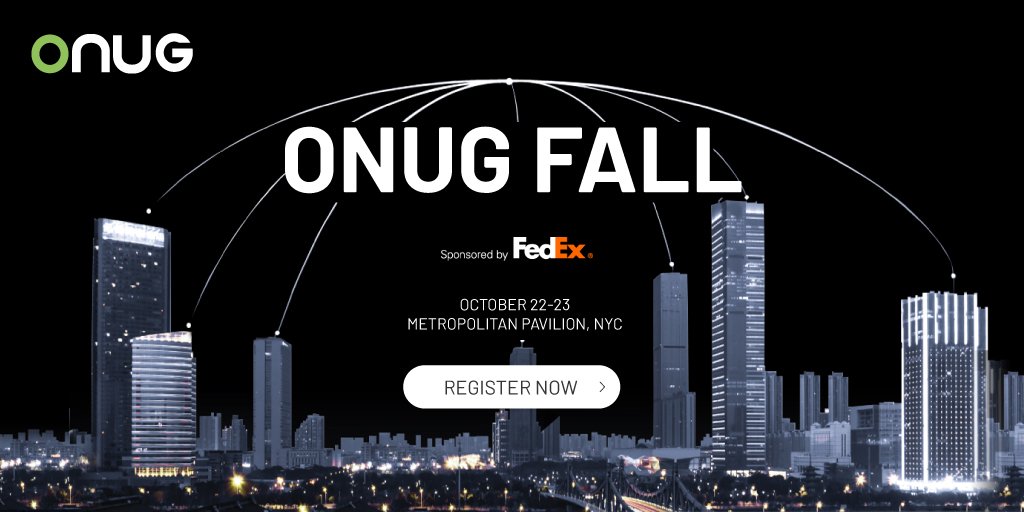
The ONUG narrative has been focused around digital transformation of the Global 2000 and its underpinning technologies, plus IT organizational, culture and skills required to manage this exciting transition. Technologies such as hybrid multi-cloud, a secure internet, machine learning, artificial intelligence, automated and software-driven infrastructure are but some of the topics on the agenda at ONUG Fall 2018. Front and center at ONUG Fall 2018 will be cyber-security as it’s on the critical path for corporations to achieve the digital transformation effect.’
Use code floq30 to’receive 30% off registration.’
Register here!
About ONUG:
ONUG was created in early 2012 as the result of a discussion between co-founders Nick Lippis, of the Lippis Report, and Ernest Lefner, formerly of Fidelity Investments, about the need for a user-focused conference where IT executives can share best practices and challenges as they transformed their IT infrastructure for the digital economy.
From there, the two brought together the founding board of IT leaders from the likes of Bank of America, Fidelity Investments, JPMorgan Chase, UBS and Gap Inc. Managed by Nick and Ernest, the board worked together to create the first ONUG event, held on February 13, 2013, at the Fidelity Auditorium in Boston, Massachusetts.The ONUG Board has grown to include Bank of America, BNY Mellon, Cigna, Citigroup, Credit Suisse, FedEx, Fidelity, Gap Inc., GE, Intuit, JPMorgan Chase, Morgan Stanley, Pfizer, TD Ameritrade, UBS, Oath/Yahoo, Kaiser Permanente, eBay and State Street Bank. ONUG prides itself on functioning as the collective voice of the enterprise IT community. Throughout the year, ONUG organizes working groups that aggregate use case requirements, bringing together IT executives, academics, researchers, government representatives, vendors and cloud/service providers to contribute to the advancement of products and services required for an open cloud-based software-defined market to develop at scale.
The goal of all ONUG events and working groups is to bring together the full IT community to allow IT business leaders to learn from peers, to make informed open infrastructure deployment decisions, and to create dialogue between the vendor and user communities to collectively drive open infrastructure choices and options via aggregated use case requirements.


